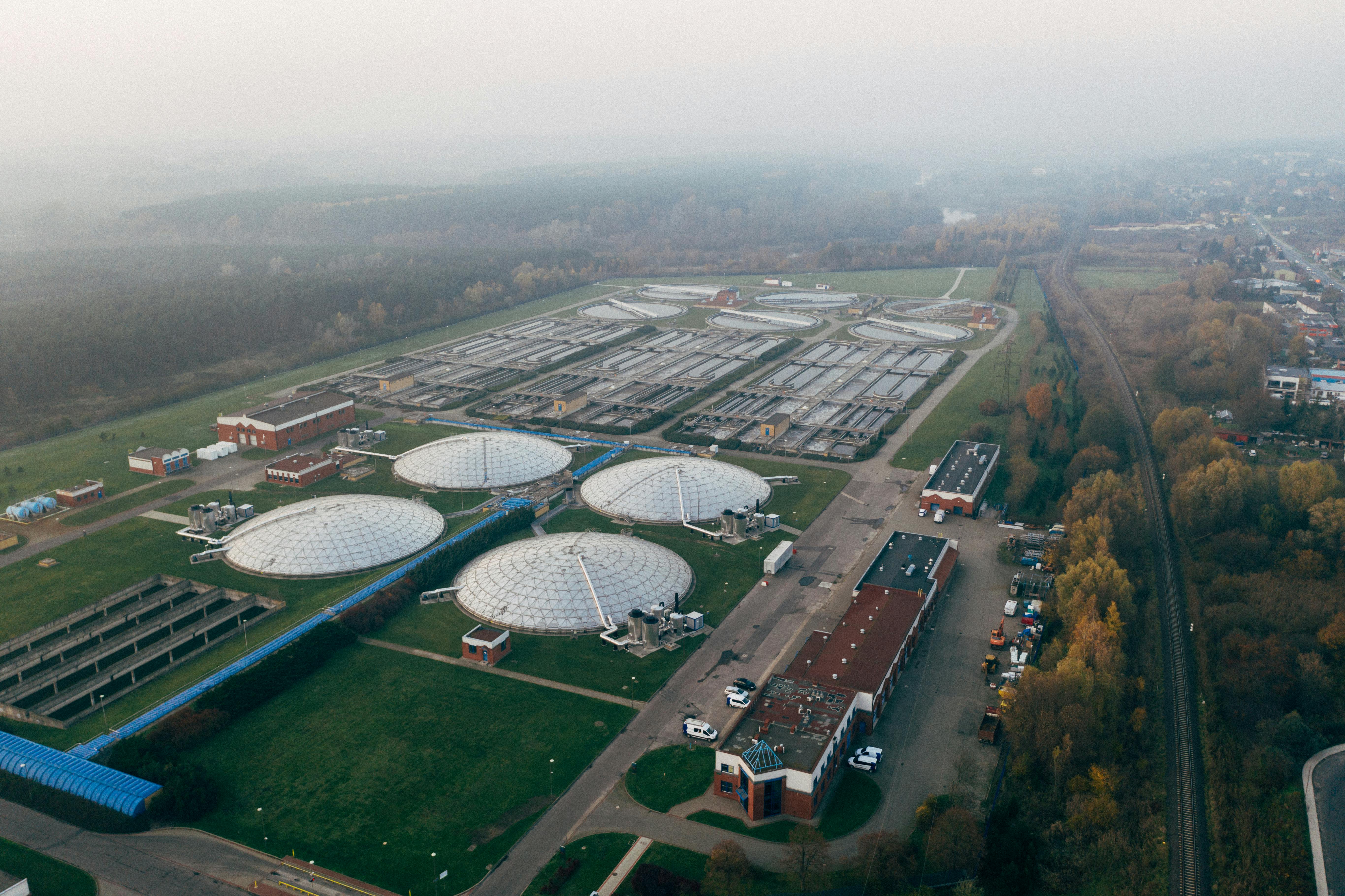
Introduction
Sewage management and treatment, often overlooked, are crucial aspects of maintaining a healthy, sustainable environment for us all. The deviation from proper sewage disposal protocols can have drastic impacts, not just on the environment, but also on public health. Unmanaged sewage can breed a series of environmental problems, health challenges, and socio-economic implications. This article explores the multifaceted effects of untreated sewage on our world, underlining the importance of effective sewage management.
Understanding Untreated Sewage
When the term 'sewage' is mentioned, what comes to mind? Simply put, sewage is the waste matter that exits our homes via pipes and sewer lines. It's made up of a mix of wastewater from domestic, commercial, industrial, and agricultural activities. Factors like urbanization, population increase, and industrialization contribute to the massive quantities of sewage generated daily. Noteworthy, without proper treatment and disposal, this sewage morphs into a significant environmental and public health menace.
Environmental Impact of Untreated Sewage
Untreated sewage is a known pollutant with widespread, damaging effects on the environment. The introduction of untreated waste into water bodies fosters the overgrowth of algae, a process known as eutrophication. This overgrowth diminishes the dissolved oxygen levels, invariably killing fish and other marine life. The process weakens the ecosystem's balance, tipping the scales in favor of harmful organisms over beneficial ones.
Moreover, untreated sewage is a major contaminant of both surface and groundwater sources, consequently jeopardizing the accessible clean drinking water. It also introduces harmful chemicals and toxins, contributing to soil pollution, which inevitably affects agricultural lands, essentially compromising food safety and security.
Health Impacts of Untreated Sewage
The health implications of untreated sewage don't merely stop at indirect exposure like consumption of contaminated water or crop. Certain pathogens within untreated sewage are capable of transmitting diseases directly to humans upon contact.
These diseases range from minor infections to life-threatening illnesses such as cholera, typhoid fever, hepatitis, dysentery, and other diarrhoeal diseases. The expansive global impact of these sewage-related health issues can be underlined by WHO data which shows that approximately 1.8 million people die from diarrhoeal diseases each year.
The Socio-Economic Effects
Beyond the obvious environmental and health-related impacts, untreated sewage poses critical socio-economic threats. The contamination of freshwater sources escalates the need for water treatment, thereby increasing the operational costs for governments and organizations involved in providing potable water. Moreover, the loss of biodiversity and destruction of recreational areas affects tourism and other related businesses, potentially reducing income generation in such sectors. Furthermore, the healthcare costs associated with sewage-related ailments also mandate higher government expenditure.
Conclusion: Importance of Adequate Sewage Treatment
The impacts of untreated sewage extend far beyond the evident environmental degradation and public health challenges. It trickles down, affecting various aspects of society, from agriculture to tourism, all the while draining economies. Hence, there is an urgent need for more effective sewage treatment practices.
From individual households to large businesses, everyone should cooperate to ensure proper sewage disposal and treatment. Creating awareness about its effects, investing in sustainable sewage treatment methods, and enacting stricter waste management policies can play pivotal roles in achieving this. The goal should be to transform sewage from being seen as 'waste' to a resource that, when managed correctly, can contribute to sustainable development.
Emphasizing the importance of our role in effective sewage management, we each need to be conscious of our practices, ensuring that we protect not just our environment, but also our collective health and prosperity.